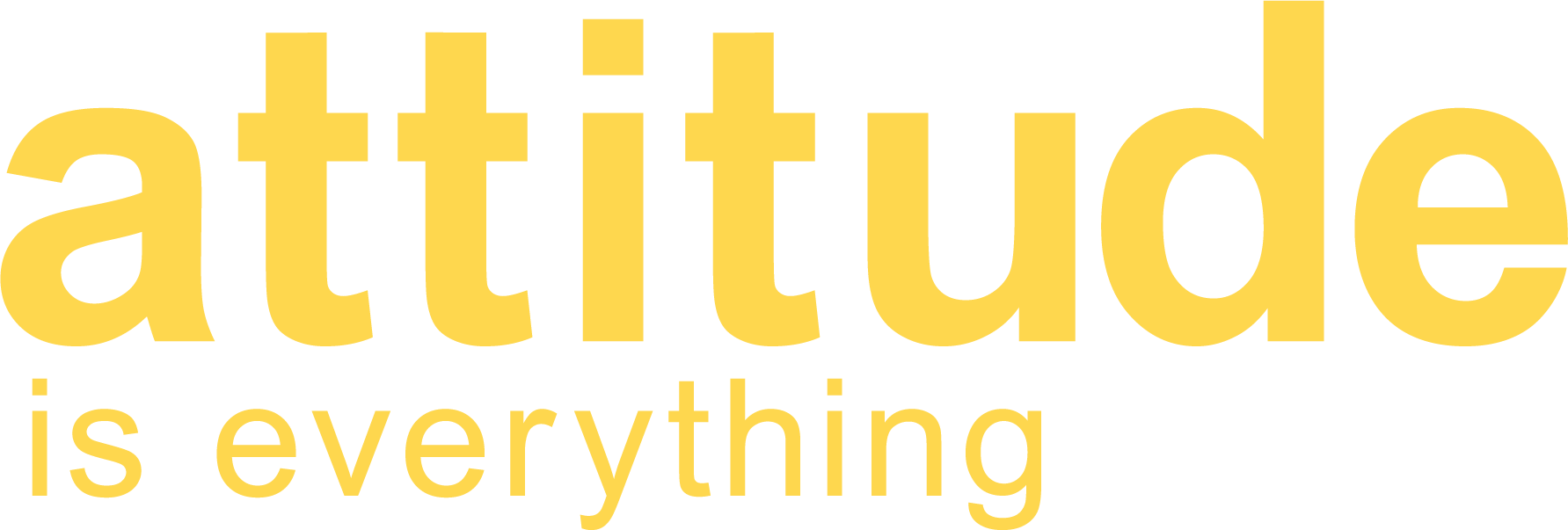If you run a live venue, an events business or a music industry organisation, you need to be thinking about accessibility across everything you do.
The legal case
Disability is one of nine ‘protected characteristics’ defined by the 2010 Equality Act. This means that it is illegal for any business, service provider or employer to discriminate against disabled people. This includes any business or organisation operating in the music industry.
The law applies to you whether:
- you are charging or providing a free service
- you are a large company or a small company
- you are a sole trader, partnership, limited company or any other legal structure
- your employers are temporary, permanent or trainees and whether or not they have written contracts
Who are disabled people?
Under the Equality Act, a disabled person is someone who has “a physical or mental impairment that has a ‘substantial’ and ‘long-term’ negative effect on your ability to do normal daily activities.”
In practical terms, this means anyone who has a impairment, health condition or difference that impacts on their daily lives and which has lasted or will last for 12 months or more.
This could include:
- Wheelchair users
- People with mobility impairments
- People with vision impairments
- People with hearing impairments
- Deaf people who use BSL
- People with learning disabilities
- People who are neurodivergent
- People with mental health conditions
- People with physical health conditions
- People with progressive conditions (including HIV, cancer and multiple sclerosis from the point of diagnosis)
- People with non-visible impairments or health conditions
This is not an exhaustive list. In total, there are 14.1 million disabled people in the UK. This amounts to around 1 in 5 people, all of whom have rights under the Equality Act.
What is discrimination?
Discrimination can take a number of forms:
Direct discrimination
Treating someone unfairly directly on the basis that they are disabled. This might include refusing to allow a wheelchair user into a venue or deciding that certain nights or events are “unsuitable” for people with learning disabilities
Indirect discrimination
Having rules in place that are not deliberately designed to exclude disabled people but end up doing so. This can include only meeting customers access requirements if they receive certain disability benefits or not allowing customers to bring food or medication into a venue, even if they have a medical requirement to do so.
Harassment
Bullying, intrusive or humiliating behaviour. It could include offensive language, mocking someone’s behaviour or mannerisms or asking inappropriate questions.
Victimisation
Treating someone unfairly because they have complained about discrimination or supported someone who has. This could include banning someone from a venue for complaining about the access on social media or refusing someone a promotion because they have challenged you over discriminatory behaviour.
Discrimination by perception
Treating someone unfairly because you assume they are disabled, even if that is not actually the case.
Discrimination by association
Treating someone unfairly because they are with a disabled person. This could include not offering someone a job because they have caring responsibilities or asking someone to leave a venue because their child is making involuntary noises.
Failing to offer a reasonable adjustment
Not anticipating and putting adjustments in place that would enable a disabled person to access your business and not be put at a substantial disadvantage compared to non-disabled people. This could include not offering step-free access to a venue that could easily be ramped or if your accessible toilet is unusable because it is being used for storing bikes or boxes!
Find out more
The business case
You may have heard of the Purple Pound. This refers to the spending power of households in which at least one member is a disabled person.
There are 14.1 million disabled people in the UK – including nearly 1 in 5 working age adults.
According to wearepurple.org.uk, 75% of disabled people and their families have decided against spending their money with a UK business because of poor accessibility or customer service.
The Business Disability Forum have found that £420 million is lost each week by British High Street Businesses due to a lack of accessibility. This is known as the “Walkaway Pound”. Meanwhile inaccessible websites and apps accounted for £11.75 billion of lost revenue in 2016. This is known at the “Clickaway Pound”.
People tend to go to events together, so the impact of poor accessibility stretches far beyond the impact on individual disabled people.
Live events centre around the customer experience, and accessibility makes or breaks that for anyone with access requirements, as well as everyone else in their party.
The creative case
We know the music industry prides itself on an ethos of inclusion and escapism and that anyone running an event or performing their work wants to reach and involve as many people as possible.
One in five people could be considered disabled under the Equality Act and any promoter, creator, employer or business failing to reach disabled people is missing out on both 20% of potential audiences and 20% of potential artist and employee talent.
Not welcoming everyone means you are missing out.
You won’t be getting the most out of your employees, enriching your events with disabled talent or providing your whole audience with the good experience they have the right to expect.
We urge music and live event industries to see accessibility and inclusion as not something you “should” do but an exciting creative challenge and an opportunity to innovate and improve what you do.
